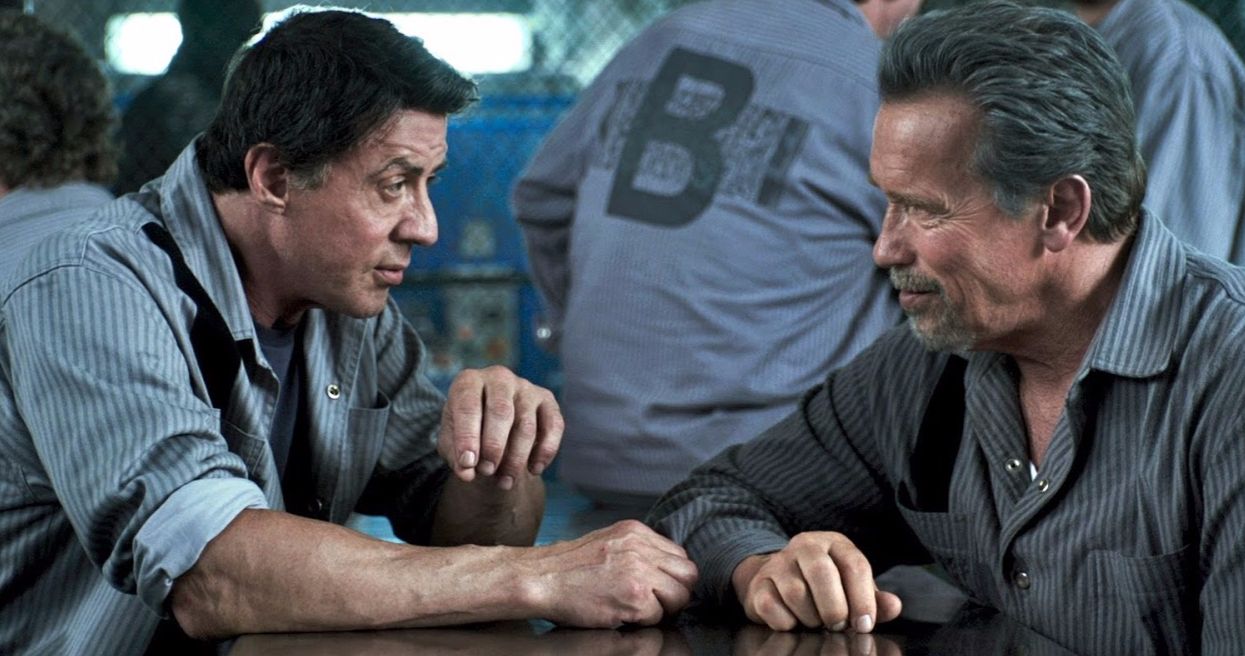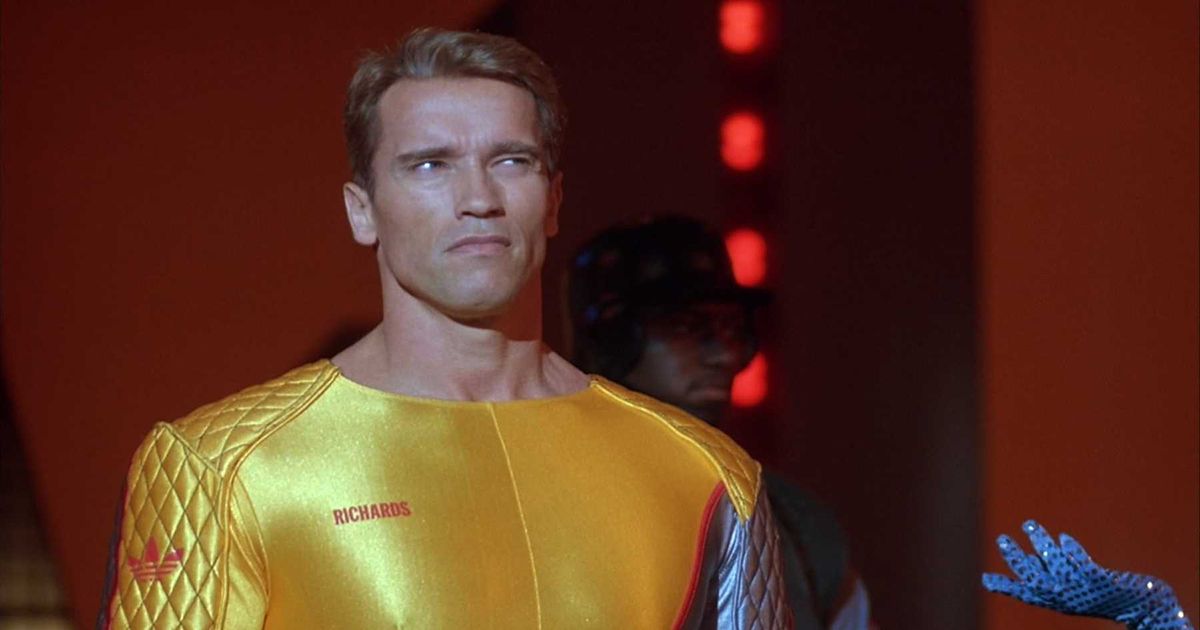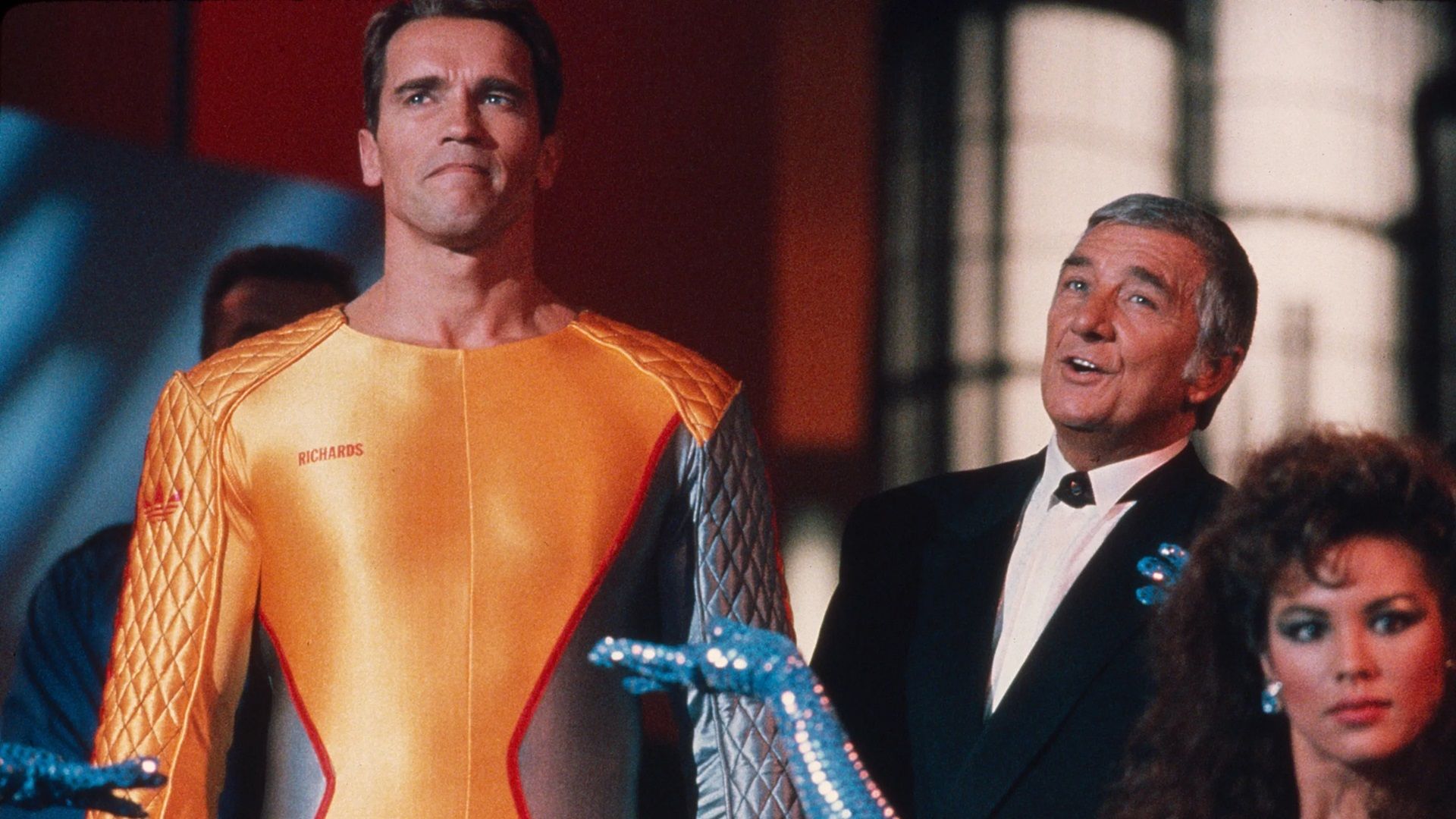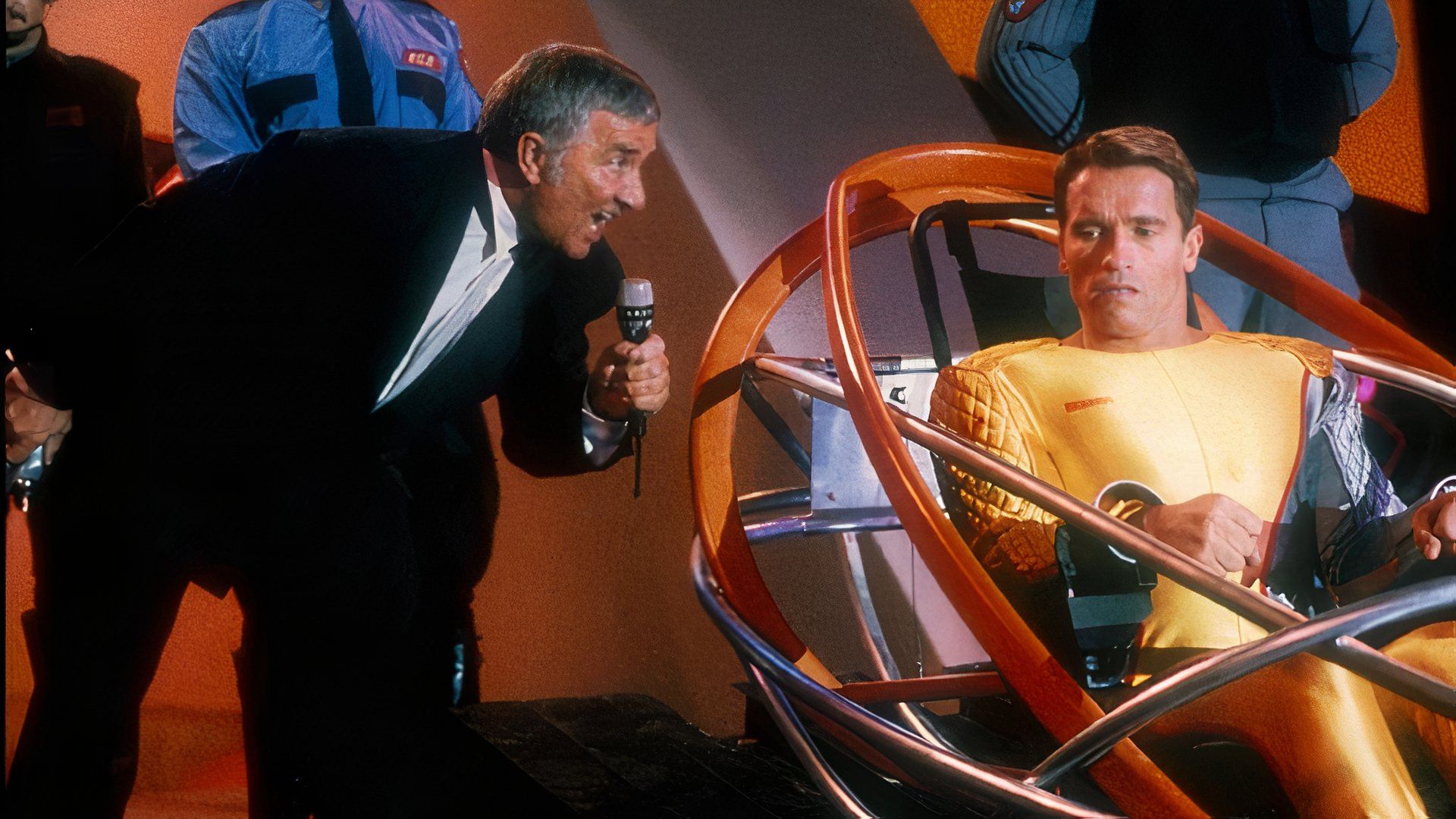Gladiator II, the follow-up to Ridley Scott’s Academy Award-winning 2000 film, has audiences once again returning to the Colosseum of Ancient Rome to witness the glory and spectacle of gladiatorial combat. The swing of the sword mesmerizes the crowds as Caesar sits in judgment; the thrilling entertainment that took place thousands of years ago is once again depicted. There’s something that we, as modern audiences, can certainly relate to.
The need for escapism and spectacle and our penchant for sensational entertainment has remained unchanged in the centuries that have passed since the days of Caesar. One could even make the comparison that sitting in front of our television screens and phones bears a striking similarity to the attendants of the games in the Colosseum and Circus Maximus.
The concept of there being little difference between the gladiatorial contests of Ancient Rome and television shows providing sensational content to an eager audience isn’t one that’s too far-fetched. In fact, it’s the main premise of the 1987 film The Running Man. Loosely based on the short story of the same name by Stephen King, which itself was published under the pseudonym Richard Bachman, The Running Man stars Arnold Schwarzenegger and Richard Dawson and takes place in a dystopian future where television plays a key role in maintaining control over the population.
State Violence and State Control
- Release Date
- November 13, 1987
- Runtime
- 101 minutes
The Running Man, with its dystopian setting and a television network dictating state-sponsored control as a means to distract the populace from poverty and cruel subjugation, can best be described as a world where “Rome never fell.” This concept was first introduced to American audiences in a Star Trek episode entitled “Bread and Circuses.” In fact, the two are very similar to one another. The episode takes place in modern Rome, where gladiator fights are broadcast on television for the population to enjoy, and an underground network of rebels seek refuge from the mighty dominion of Rome.
The term “bread and circuses,” which was first coined by the Roman poet Juvenal, refers to the pacification of the populace. Juvenal’s quotation of “Two things the people anxiously require — bread and circuses” was a common practice implemented by the Roman Emperors to keep them content and entertained and not overly concerned with societal hierarchies and political matters pertaining to those in power. Both Gladiator films, The Running Man, and the Star Trek episode of the same name all thrive on this idea. In The Running Man, bread and circuses are delivered to the public through television.
The television network that exerts control over the dystopian world of The Running Man, ICS, is headed by Damon Killian (Richard Dawson), the reasonable facsimile of Caesar sitting in judgment over the spectacle of the games. The power-hungry television host searching for sensational content and ratings is played all too perfectly by Dawson, who’s best known to American audiences as the original host of the popular game show Family Feud. In The Running Man, Killian hosts a popular television show of the same name, where criminals are given a chance at freedom by eluding adversaries known as “stalkers” while being tracked and filmed to entertain crowds hungry for violence and sensational content.

Related
Schwarzenegger & Stallone Hilariously Reignite Their ’80s Action Star Feud
Arnold Schwarzenegger shared one of his favorite stories about tricking Sylvester Stallone in a new interview.
One Against All Odds
In combat sports, there’s a natural propensity to root for the underdog with insurmountable odds stacked against them. In both Gladiator films and The Running Man, this is depicted through the main protagonist. Ben Richards (Arnold Schwarzenegger), a disgraced police officer and the alleged “butcher of Bakersfield,” is the latest contestant on the highly sensational program. Richards is tasked with “beating the odds” and besting a host of stalkers sent to hunt him down. Richards quite literally has the odds stacked against him, as a seedy betting parlor is shown repeatedly throughout the game show, depicting gamblers placing their bets on the likely outcome.
The situation that Richards finds himself in, as did Maximus (Russell Crowe) in Gladiator, is dire and, by all accounts, seems impossible to overcome. A notable difference between the two films is tone and presentation. Ridley Scott’s grandiose battles with champions and teams of veteran combatants are a far cry from the tongue-in-cheek and fast-paced action sequences that take place in The Running Man.
Ben Richards’ foes are a comical and boisterous group, such as a Sumo hockey player named Sub Zero (Toru Tanaka), and an opera singer who’s adept at throwing bolts of lightning named Dynamo (Erland Van Lidth), and a chainsaw-wielding maniac named Buzzsaw (Gus Rethwisch). These are less the gladiatorial champions of antiquity and closer to comic book villains come to life. Naturally, as The Running Man is a vehicle for Schwarzenegger to steal the show, he easily disposes of his rivals while having a clever one-liner at the end of each contest. “Here is Sub-Sero…now plain zero!” being the most memorable.

Related
Why The Running Man Was One of the Best Sci-Fi Films of the ’80s
A look at the 1987 classic sci-fi film, starring Arnold Schwarzenegger and Richard Dawson.
We tend to associate propaganda and the suppression of information with totalitarian regimes such as those of Hitler or Stalin. The link between the dystopian world in The Running Man and that of Ancient Rome goes far beyond bread and circuses, the domineering control of a regime, and gladiatorial combat. In its dystopian world, where technology manipulates information and subversion is surpassed by any means necessary, The Running Man isn’t too far off from some of the tactics implemented in Ancient Rome.
Julius Caesar, undoubtedly one of the most famous figures to emerge from Rome and one of its most ambitious generals and politicians, understood the need to alter and limit information to craft a public persona. One of Caesar’s most significant moments in his career, his conquest of Gaul, was much more than a successful military campaign. Caesar relayed information to the senate and people of Rome that only spoke of his successes and bolstered his own reputation. This practice of only informing others as to what the general wanted them to know was later carried on by his successor, Octavian, more commonly known as Augustus Caesar. Through coins, monuments, and public works, Roman Emperors were able to bolster their reputations and cement their rule and popularity among the masses.
The manipulation of images and news, the utilization of advertising and marketing to keep the public in line is a continual theme of The Running Man. In the film’s third act, Killian even remarks that, through the network, the public has been told what to eat, what to wear, what to watch, and what to think. This aspect of dystopia, seen in other films such as 1984 and They Live, is one based on historical precedent and is essential for any regime to maintain order, be it Ancient Rome or a highly stylized future such as the one that The Running Man takes place in.
Two Worlds Running Parallel With One Another
The stylized depictions of Ancient Rome from Ridley Scott’s Gladiator movies and the dystopian world that exists in The Running Man seem far removed from one another. However, there exists a strong common ground that both share. Gladiator and The Running Man exist in a world where the population is placated and pacified through means of bread and circuses, and one individual has the odds stacked against them in a series of contests with combatants.
Both films force the audience to examine their own desires to be entertained and just how much the mediums we rely on for escapism have a profound influence on our daily lives. Most of all, by examining both films together, we have the opportunity to note that history always has a way of repeating itself, both in the real world and in the manufactured reality that exists on film. Stream The Running Man on Prime Video.
Source link



















Add Comment